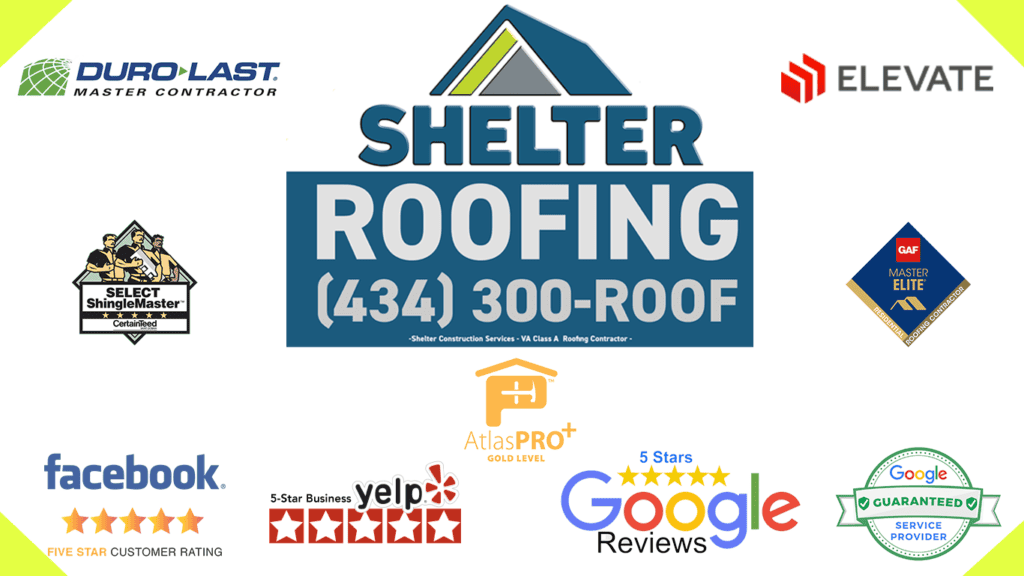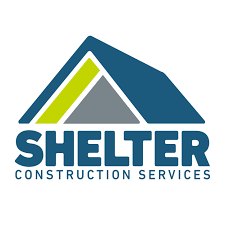Call / Text
(434) 724-8160

Shelter Construction Services Home – Financing Available
Shelter Construction Services Financing is available. We have partnered with Industry Leaders to provide Budget Friendly payments for your next Home Improvement project. Providing you with Cost Effective solutions to meet your budget needs.
